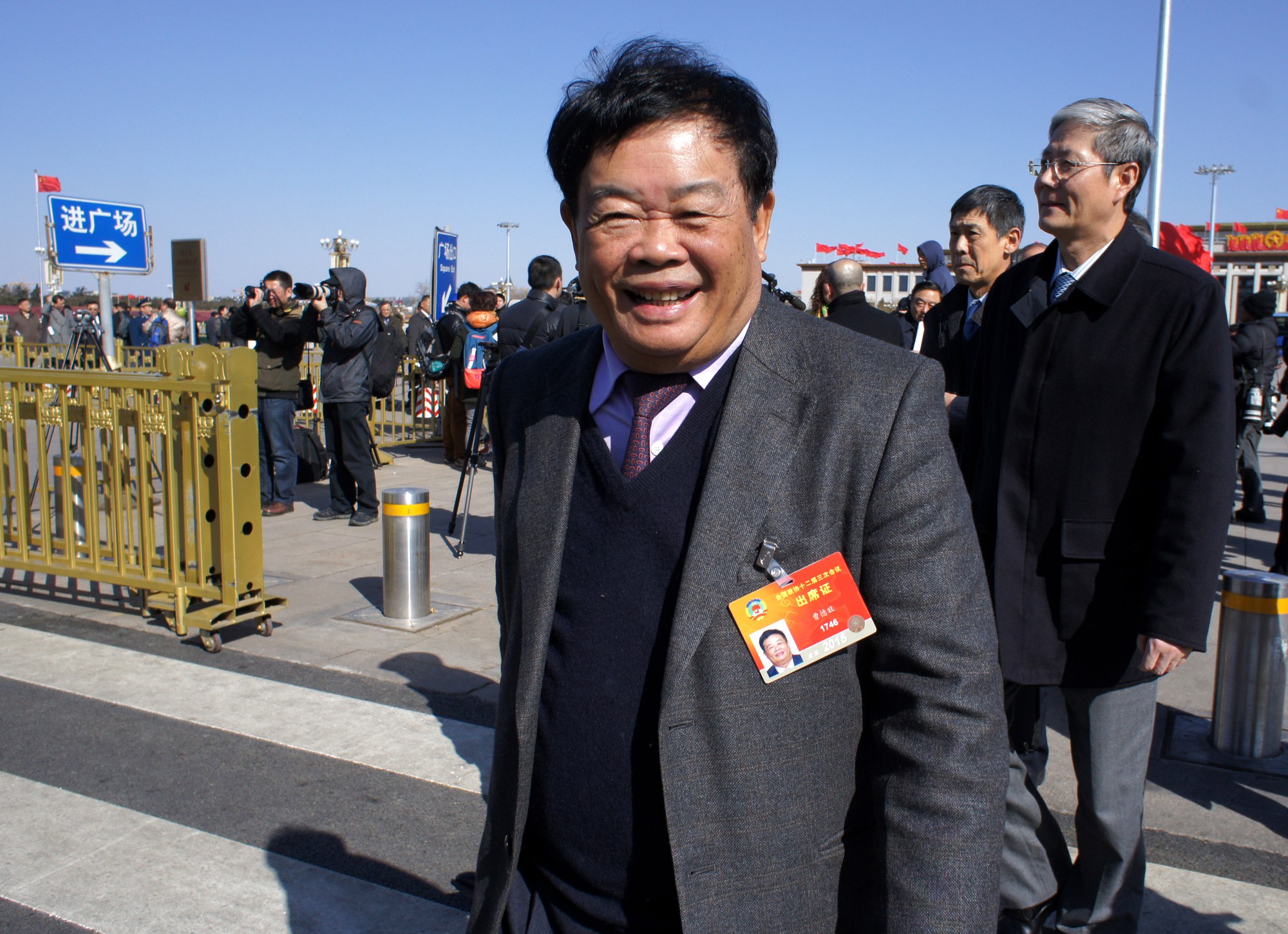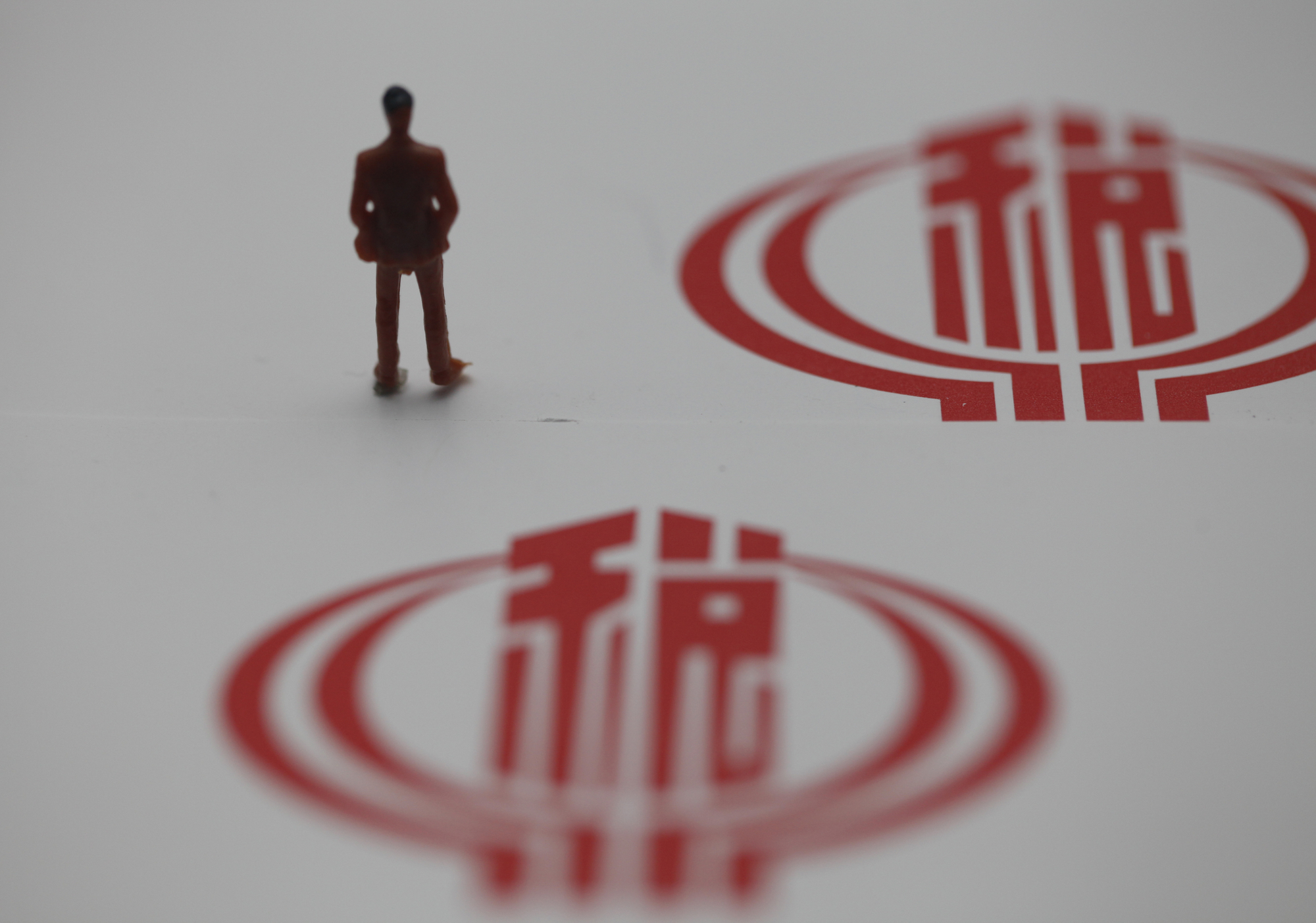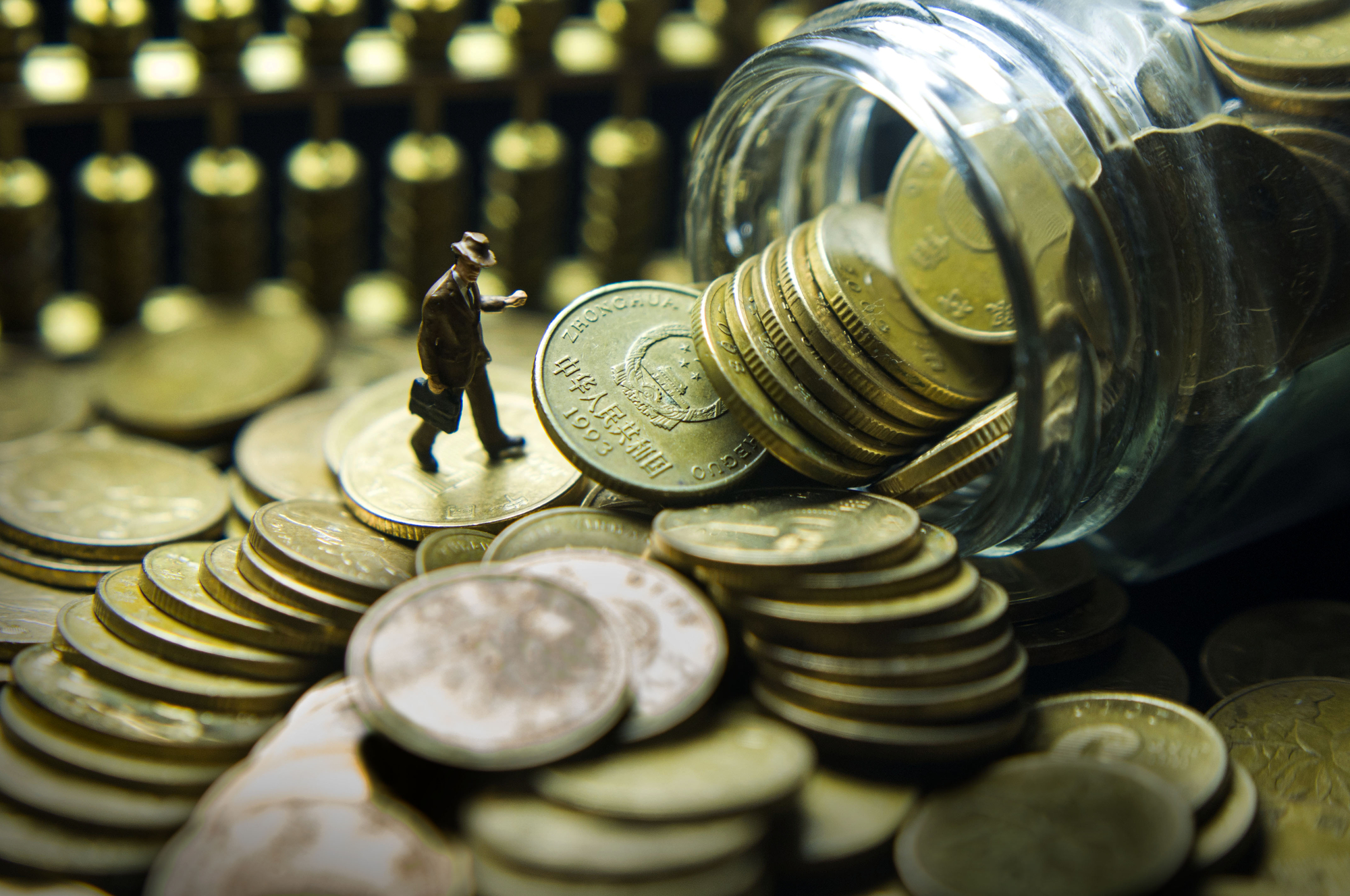A Chinese manufacturing tycoon’s remarks about the tax burden in China being 35 percent higher than in the US have aroused a great deal of public interest and debates. Some media outlets even provocatively labelled China’s tax system as “death tax” and some worried that China is losing its grip on manufacturing industry.
"Overall speaking, the tax burden for manufacturers in China is 35% higher than in the US," Cao Dewang, Chairman of Fuyao Glass, told Yicai.com in an interview about his plan to invest one billion US dollars building automotive glass factories in the US state of Ohio.

Cao Dewang walks to attend the third plenary meeting of the 12th CPC Central Committee on March 3, 2015, in Beijing. /CFP Photo
He added that a combination of cheap land, reasonable energy prices and other incentives means despite higher manufacturing costs, he can still make more money by making glass in the US than by exporting Chinese-made panes to the US market.
Currently the major taxes in China include income tax and value-added tax. Enterprise income tax in China stands around 25 percent. But the tax rate could be reduced to 15 percent for qualified enterprises which are engaged in industries encouraged by the Chinese government (e.g. New/high Tech Enterprises and certain integrated circuits production enterprises). Tax holiday is also offered to enterprises engaged in encouraged industries.
The standard value-added tax rate is 17 percent with certain necessities taxed at 13 percent.

CFP Photo
In addition, China's stamp duty, city maintenance and construction tax, as well as other compulsory fees, place burdens on businesses in China.
State Administration of Taxation (SAT) responded to media’s “death tax” rhetoric, saying it is lopsided and has seriously misled the public about China’s tax system.
According to SAT, value-added tax rates over the world range from 1.5 percent to 27 percent with an average rate of 15.7 percent, while China ranked the 56th place out of 114 countries in 2015, and the income tax rate in China ranked the 63rd out of 126 countries over a range of 9 percent to 55 percent.

CFP Photo
SAT added that the tax burden on Chinese companies has actually decreased over the past few years, and the central government has tried to portray its value-added tax reform as a tax-cutting move, which will be translated into a 500 billion yuan (72 billion US dollars) annual reduction in tax burden on businesses.
Niu Li, a researcher at the State Information Centre, a think-tank affiliated with the National Development and Reform Commission, said Chinese companies had to face rising costs in labor, environmental protection and even costs in dealing with bureaucracy.
“Advances in technology and market competition are needed to move China up the industrial chain and improve its manufacturing advantages,” said Zhao Yang, chief China economist at Nomura, noting rising land prices had also pushed up manufacturing costs in China, and competitiveness had become a greater concern than tax rates.









